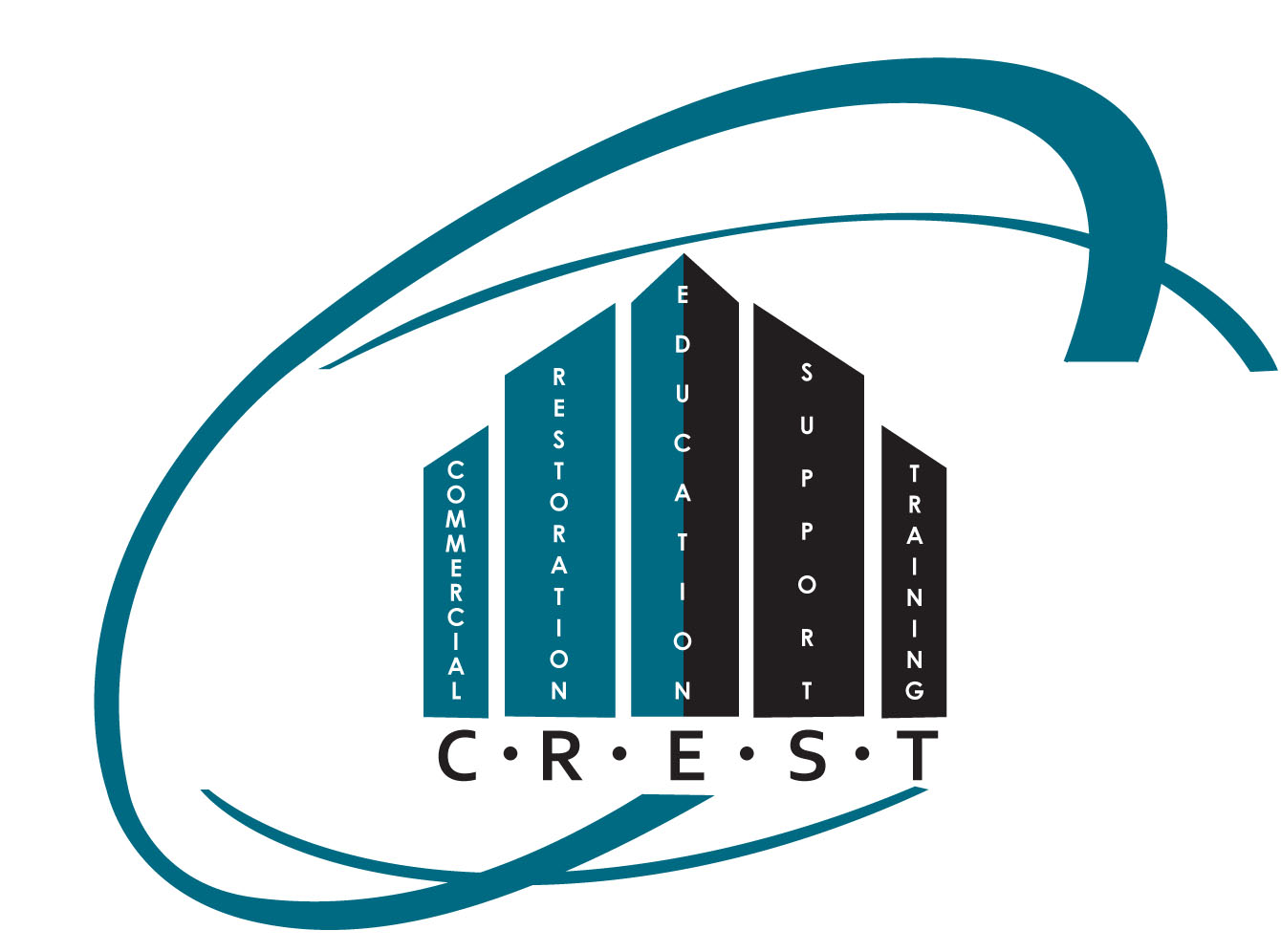
Marketers who believe their abilities can be developed through hard work, good plans, and input from others usually have a growth mindset. They manage to achieve more than those with a more fixed mindset, (locked in stone), specifically those who believe their talents are natural gifts.
Marketers that I coach and advise, often muddy a growth mindset with being adaptable or open-minded or having a confident outlook — qualities they believe they’ve always had. Mission statements are useful, but not always beneficial. You can’t quarrel with lofty values like growth, empowerment, and innovation. But they are pointless to marketers or other staff if the company doesn’t employ policies that make these values real and potentially attainable. Restoration companies that personify a growth mindset embolden appropriate risk-taking, knowing that some opportunities won’t work out.
Even if we revise these misconceptions, it’s still not easy to achieve a growth mindset. One explanation is we all have our own fixed-mindset triggers. When we face challenges, receive criticism, or progress badly contrasted with others, we can become insecure or defensive, which hinders growth. Our work surroundings, also, can be full of fixed-mindset triggers. A company that plays the aptitude game builds a much more difficult challenge for people to exercise growth-mindset thinking and behavior, such as sharing knowledge, collaborating, innovating, seeking feedback, or admitting mistakes.
How we interact and encourage marketers affects their attitudes toward learning. A positive mindset is the difference between a student giving up because they’re “not a math person” and a productive struggle that yields growth. But a growth mindset isn’t just about effort.

Fixed mindset: In a fixed mindset, people believe their basic qualities, like their intelligence or talent, are simply fixed traits. They spend their time documenting their intelligence or ‘gift’ instead of developing those things. They also believe that talent alone creates success – without effort.
Believing that your qualities are carved in stone creates an urgency to prove yourself over and over again. If you have only a certain amount of intelligence, a particular personality, and a specific moral character, then you’d better prove that you have a healthy dose of those traits. (Otherwise, you’re going to always be average at best). And average is NOT achieving what you could be capable of accomplishing. In the Fixed Mindset, you can’t afford to look or feel lacking in these most basic characteristics.
Fear of failure (or even the distress of being told NO), is deeply rooted and related to the fear of the unknown, which shines a light on the Fixed Mindset mentality. The best way to start seeing challenges as opportunities is to experiment with them, analyze your mistakes, and learn to be patient: every time you start over, you’re one step closer to becoming a leader in whatever it is you’re doing.
Growth mindset: In a growth mindset, people believe that their most basic abilities can be developed through dedication and hard work – brainpower and faculty are just the starting point. This view creates a love of learning and a flexibility that is essential for great accomplishment. Someone with a Growth Mindset views intelligence, abilities, and talents as learnable and capable of improvement through effort.

A growth mindset constantly reminds you that there’s always more to learn. By knowing you have the capacity to improve, a growth mindset can keep you humble throughout your tactical journey.
This can be especially useful in resisting stagnation. People’s needs, attitudes, and reasons change over time, so regularly reassess your goals and objectives. If you get too comfortable with your initial knowledge, you could miss opportunities to grow with your target audience and meet their needs as they happen.
Some modest examples of opportunities are interacting in a networking environment, and wisdom-sharing with other professionals, reading articles and books on topics you’re interested in, and brainstorming and problem-solving with others to gain new perspectives. Famously, William Churchill said “Success is not final; failure is not fatal: It is the courage to continue that counts.”
If you’re trying to hide from your weaknesses, you’ll never overcome them. Welcome your imperfections, they’re what makes you—you. Do our words indicate our thoughts, or is it vice versa? Using the precise best words and phrases helps prevent you from being pulled down the rabbit hole of mediocrity.

Author: Dick Wagner, Co-founder of The CREST Network and CRESTLibrary.com
By Dick Wagner, Co-Founder The CREST Network, LLC
Nationally recognized coach, consultant, trainer, and speaker
Creator of the renowned PREP™ pre-disaster program
Owner of AskDickWagner.com BLOG
Copyright© 2023 The CREST Network, LLC
All Rights Reserved
No Part Of This Document May Be Reproduced In Any Form Without Written Permission
